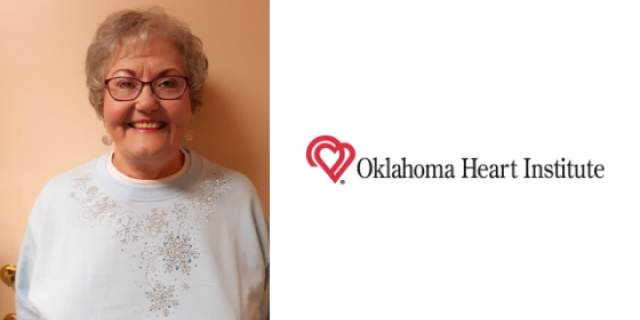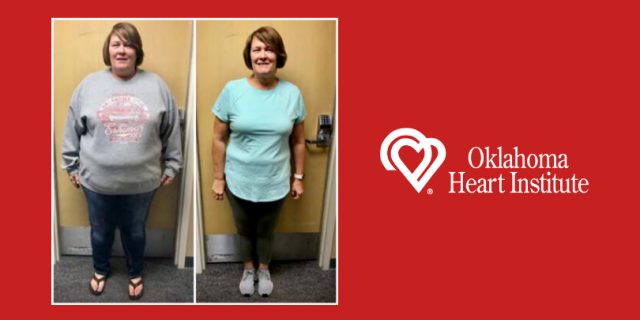Sandra Tinker was in her mid-40s when she was diagnosed with Type 2 diabetes.
“It was a surprise, although I knew it ran on both sides of my family,” Tinker said. “I just never thought about it.”
Prior to her diagnosis, Tinker was always tired and had little energy.
“I wanted to sleep all of the time,” Tinker said. “My doctor took a blood sugar test and that’s when I learned I was diabetic.”
Following her diagnosis, Tinker continued to receive care from her primary care provider, until she sought out an endocrinologist in the Tulsa area.
Tinker felt the... Read More »









